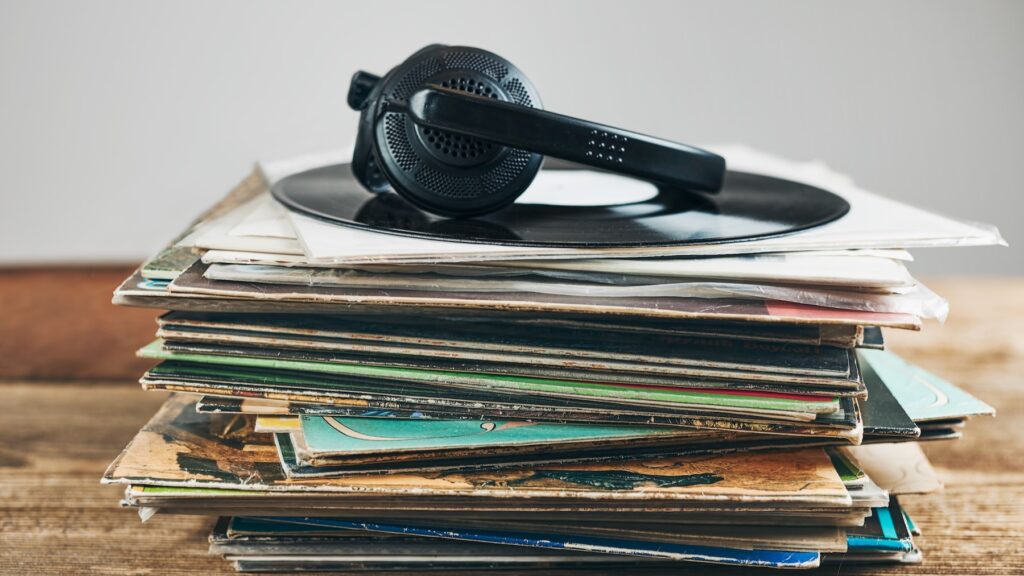This is an exclusive preview of Consequence Daily, our daily newsletter. Subscribe now to receive your free copy.
It was already a turbulent, depressing-as-hell time in media, and that was before the corporate knives came for Pitchfork.
My relationship to the publication has always been on the outside, as a competitor.
But I’d be insincere to deny Pitchfork’s immense impact on music — and the media landscape, Consequence included. The earliest iterations of Consequence of Sound emulated much of what Pitchfork did — especially as it came to creating an editorial voice, developing a consistent content strategy, and packaging a love of music in a compelling way. While there were many occasions where I rolled my eyes at the snark, scoffed at a review, or yelled into a void because a publicist handed them a premiere over us, my agitation was rooted in a simple desire: to be as good as Pitchfork. Achieving that standard pushed me for years, and while our publications embarked on different paths (Pitchfork selling to Conde Nast, Consequence expanding our coverage scope beyond just music), there’s no denying that Pitchfork is an integral reason for why Consequence and so many others exist. And for that, I am forever thankful.
Pitchfork’s demise has also led to conversations about the future of music discovery and music criticism. The publication’s greatest legacy was the spotlight it provided so many young artists. Some of the greatest bands of the last 25 years owe their existence to a Pitchfork review or profile.
To that end, there’s no replacing Pitchfork, and its absence leaves a major void in music discovery.
Covering music that exists outside of the mainstream is hard and expensive — often, with little reward. That’s probably one of the reasons why Conde gutted Pitchfork, and why so many other great music publications have come and gone over the years. Wading through thousands of submissions takes time. Writing takes time. And, tragically, even the best songs are swimming against an algorithm that prioritizes salacious, low-brow media. The end result is slashed budgets, great music going unheard, and bands who deserve a spotlight being left in the dark. And, thus, the challenge of covering music in the year 2024.
But all is not lost: there are still many great resources, most of which didn’t even exist when Pitchfork started two and a half decades ago. There are newsletters, Discords, subreddits, and personal blogs dedicated to any and every niche your musical heart desires.
I’d also be remiss not to mention our own commitment to supporting new musicians. It’s why we chose to expand our year-end songs list to 200 entries. It’s also why we’ve made it a priority to spotlight more new and up-and-coming artists in our songs of the week and albums of the month features. And just this week, we ran a feature highlighting 15 rising artists we feel are poised for a huge year.
As long as there is music, there will be people writing about music. It may look different and you may need to look a little harder to find it, but it’ll be there. And so will Pitchfork’s influence.

